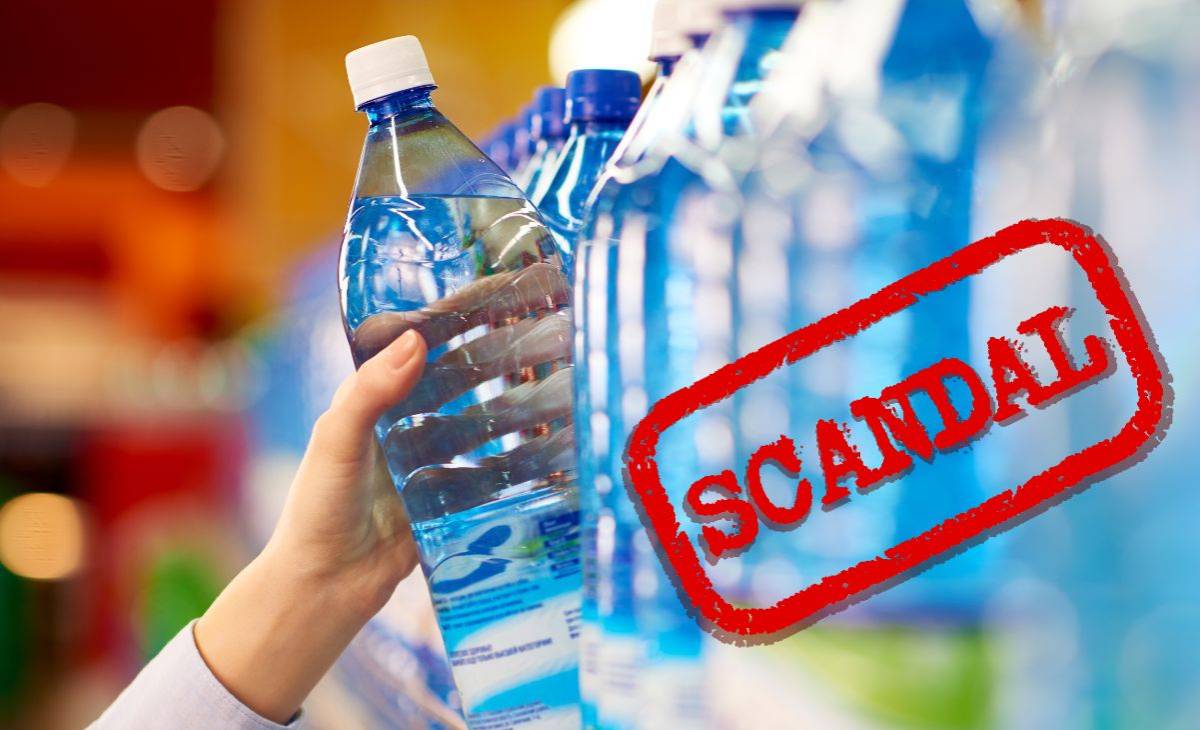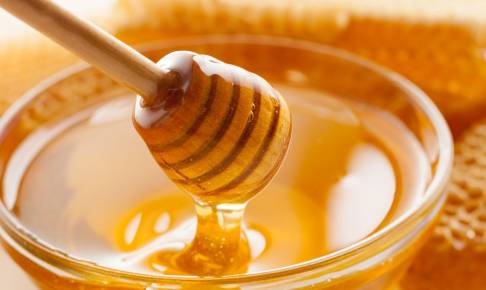Bottled water scandal: prohibited treatments used by 30% of French brands
Nestlé Waters and several other bottled water companies have been exposed for using prohibited treatments to purify their mineral waters, as revealed by an investigation conducted by the General Inspectorate of Social Affairs (IGAS) in France in 2022. The IGAS report, now brought to light by Radio France and Le Monde, unveils that around 30% of French brands employ non-compliant treatments to sell water that was initially considered unsuitable for consumption, without disclosing this information to consumers. These treatments were employed to tackle occasional contamination issues arising from bacteria or chemicals in their water sources.
"Natural mineral" or "spring" bottled water, sourced from pristine underground aquifers, is expected to remain unaltered, unlike tap water for which the use of filters to avoid heavy metals, pesticides, bacteria and other impurities is allowed. Consumers, who paid a premium for the reputed purity of these bottled waters, have been deceived.
Food Watch France, a consumer advocacy group, is calling upon authorities to strengthen traceability, enhance controls, impose stricter sanctions, and ensure transparency for everything that concerns food marketed in France. They have launched a petition demanding action.
Shockingly, it seems that French authorities were already aware of the issue, but opted to handle the matter discreetly and even granted exemptions to Nestlé to continue the use of prohibited treatments. An inter-ministerial meeting held in February 2023 discussed action plans and enhanced monitoring of water quality at Nestlé's packaging factories. The meeting report, obtained by Le Monde and Radio France, indicate discussions on transforming Nestlé's practices and granting authorization for microfiltration below the legally permissible level of 0.8 micron, as requested by the industry representatives, by amending Prefectural Decrees.
Nestlé has acknowledged its use of non-compliant treatment practices to ensure food safety due to occasional contamination issues. It cites evolving climatic and environmental conditions, exacerbated by human activities near water sources, as reasons for the difficulties in maintaining stable mineral water characteristics. The company has pledged to take corrective measures to restore source quality.
The Epinal prosecutor's office has initiated a preliminary investigation into Nestlé Waters to determine if the labeling of "natural mineral" water is misleading, as disinfection should not be employed for such waters according to regulations. The investigation, conducted by the National Investigation Department of the Directorate General of Competition, Consumers and Fraud Control, is ongoing.
The Alma group, which produces multiple bottled water brands, including Cristaline, Saint-Yorre, and Vichy Célestins, is also under scrutiny in the investigation by Le Monde and Radio France. While Danone, another major French producer, distanced itself from the controversy, emphasizing its commitment to complying with quality and regulatory requirements, the full extent of companies involved in the scandal remains uncertain.
As the investigations continue, both Nestlé and other implicated companies may face significant legal consequences for their deceptive practices. The scandal serves as a wake-up call for the bottled water industry, prompting calls for more stringent regulations, improved transparency, and heightened consumer protection.
Sources:






















